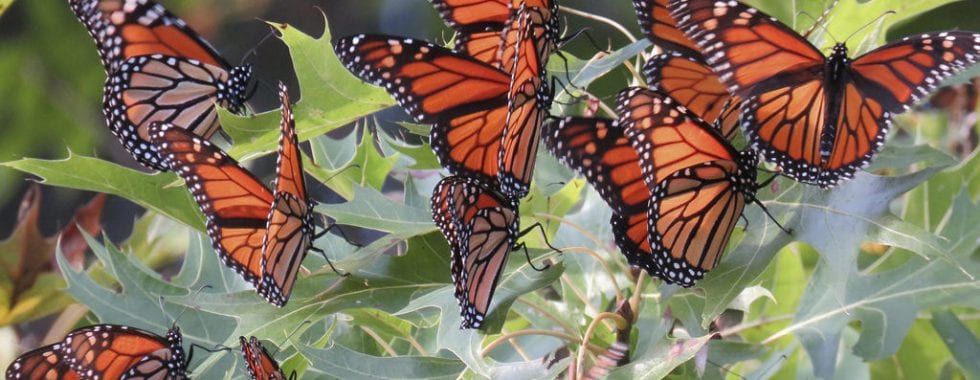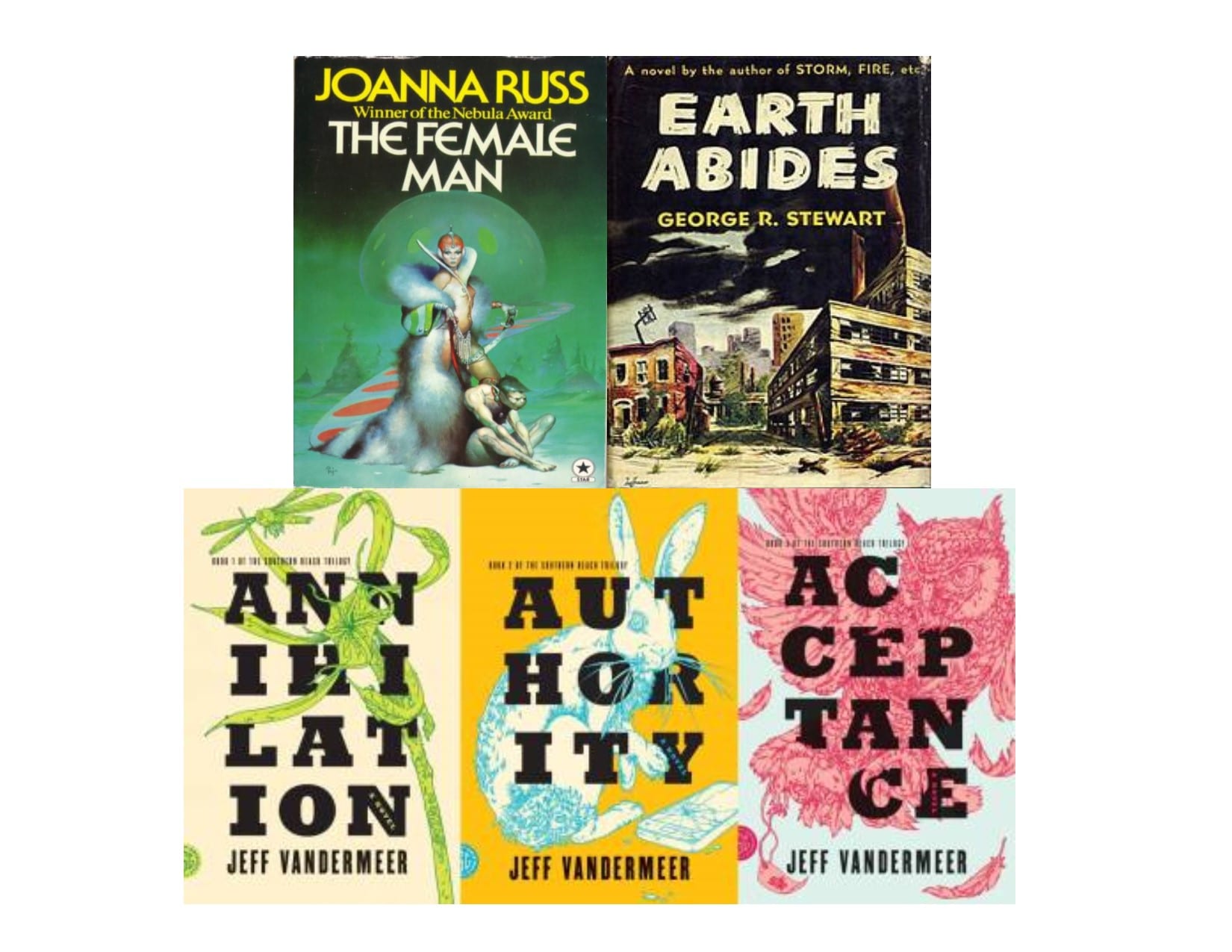At the recent American Literature Association conference in San Francisco (May 2018), ASLE sponsored two sessions on the topic of “Future Earths,” focusing on American literary works that reimagine landscapes or ecologies of the future.

The first session, titled “Future Earths I: Future Past and Future Present,” was chaired by Megan Simpson of Penn State Altoona. In “Atomic Afrofuturism: The Cold War and Apocalyptic Ecologies,” Kristin George Bagdanov from U.C. Davis investigated the intersections of ecology, afrofuturism, and the Cold War through American poet Amiri Baraka’s allegorical 1984 play Primitive World: An Anti-Nuclear Jazz Musical. Making use of new materialist methodology to uncover repressed visions of futurity, Kristin read ecological and racial violence through the nuclear fears of the Cold War, while exploring the ways groups whose past have been deliberately extinguished may imagine a possible future while still working to recover their past.
In “Uncertainty Discourse in Climate Modeling and Barbara Kingsolver’s Flight Behavior,” Pamela Carralero of Purdue University explored the discourse of uncertainty in both the science of climate modeling and recent American climate change fiction, as exemplified by Barbara Kingsolver’s 2012 novel Flight Behavior. Carralero argued that the novel’s envisioning of a future earth through the lens of uncertainty is the first step to enter and successfully inhabit a climate-changed world.

In “’Poem of Our Time:’ The Spirituality and Futurity of Waste in A.R. Ammons’s Garbage,” Carly Rubin of Louisiana State University investigated the implications of waste and of wastefulness in A. R. Ammons’ book-length poem Garbage. The paper examined the relationship between past, present, and future suggested by the physical presence of garbage in the poem. Contemporary ecocriticisms and object-oriented ontologies acknowledge that things have power. By approaching the spirituality of garbage in Garbage, the paper assessed the power inherent in unwanted but unavoidable byproducts that outlast their origins.

The second session, entitled “Future Earths II: Speculative Ecologies,” was chaired by Ian Marshall of Penn State Altoona. In “Ecological and Historical Succession in Earth Abides” Philip Polefrone of Columbia University showed how George R. Stewart’s 1949 classic of the post-apocalypse genre draws upon the interwar theories of ecological succession and climax communities. Stewart uses an apocalyptic vision of future earth to consider the ecological succession theory as a historical frame, revealing the co-determination between societies and their environments.
Kimberly Quiogue Andrews of Washington College (Maryland), in “’The ecological housekeeping is enormous’: Joanna Russ’s Pastoral Vision,” explored the ecological dimension of Russ’s utopic version, in The Female Man, of a radically transformed and ecologically restored earth with no men. In the absence of men, Whileaway flourishes in harmony with human development not because of some inherent feminine closeness to nature, but because of the elimination of cities and the exponential increase in wilderness. Russ’s ecological logics bespeak a grim kind of utopia, where the one easy step to ecological and social harmony is the elimination of half of humanity.

In “Sympathy with the Earth: Becoming World in Area X of the Southern Reach Trilogy,” Suzanne McCullagh, visiting assistant professor of philosophy at Miami (Ohio) University, examined the ways Jeff VanderMeer’s recent trilogy scrambles our attempts to think along familiar lines and thus activates new capacities for imagining human-nature relations. Applying Deleuze and Guattari’s concepts of sympathy and becoming, the paper explored how the co-becoming of earth and humans in the trilogy facilitates the emergence of a new ecological sensibility starkly different from Anthropocene discourses that see ecological change as a problem to be solved and future earth as something to be managed.
